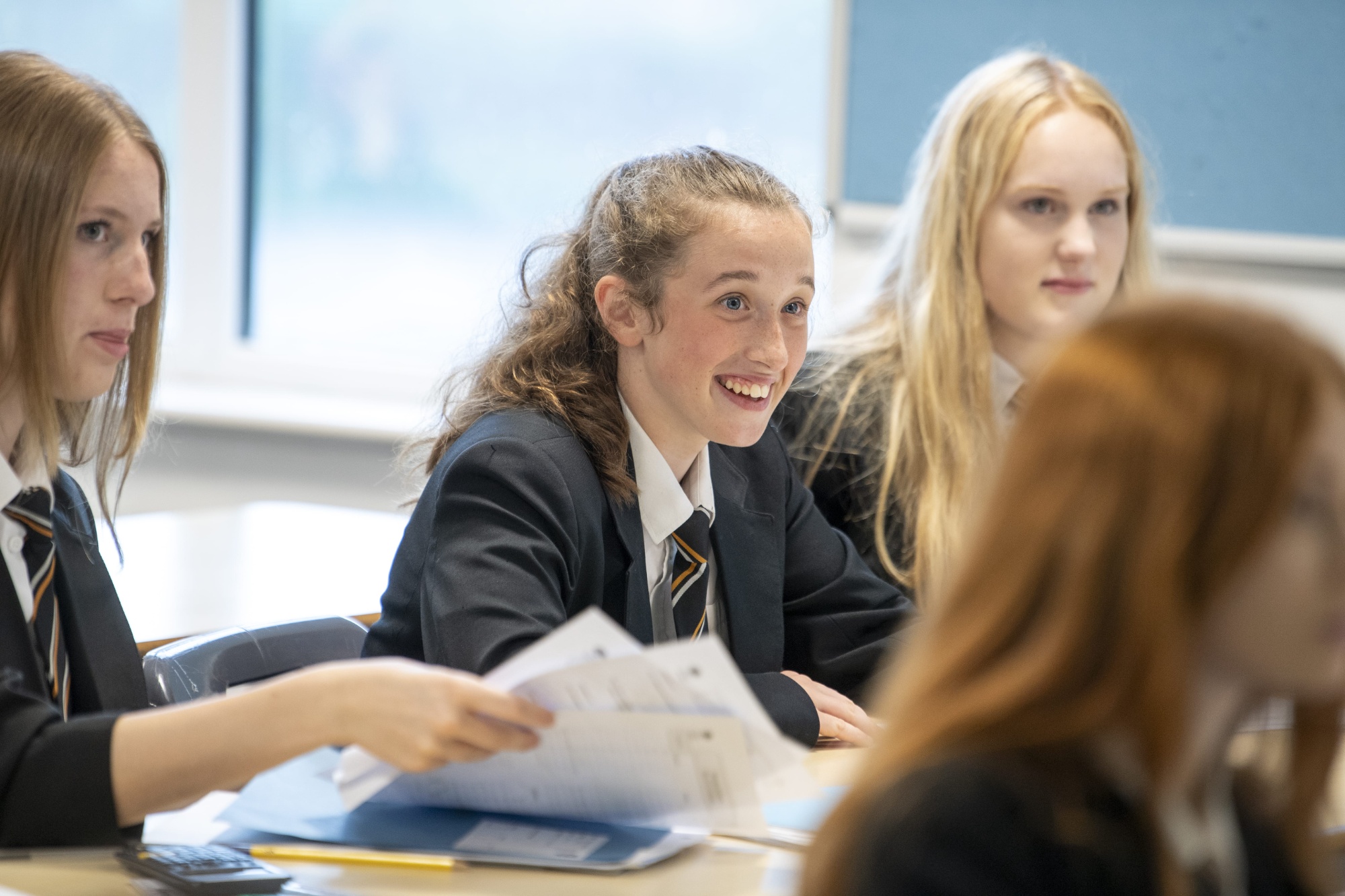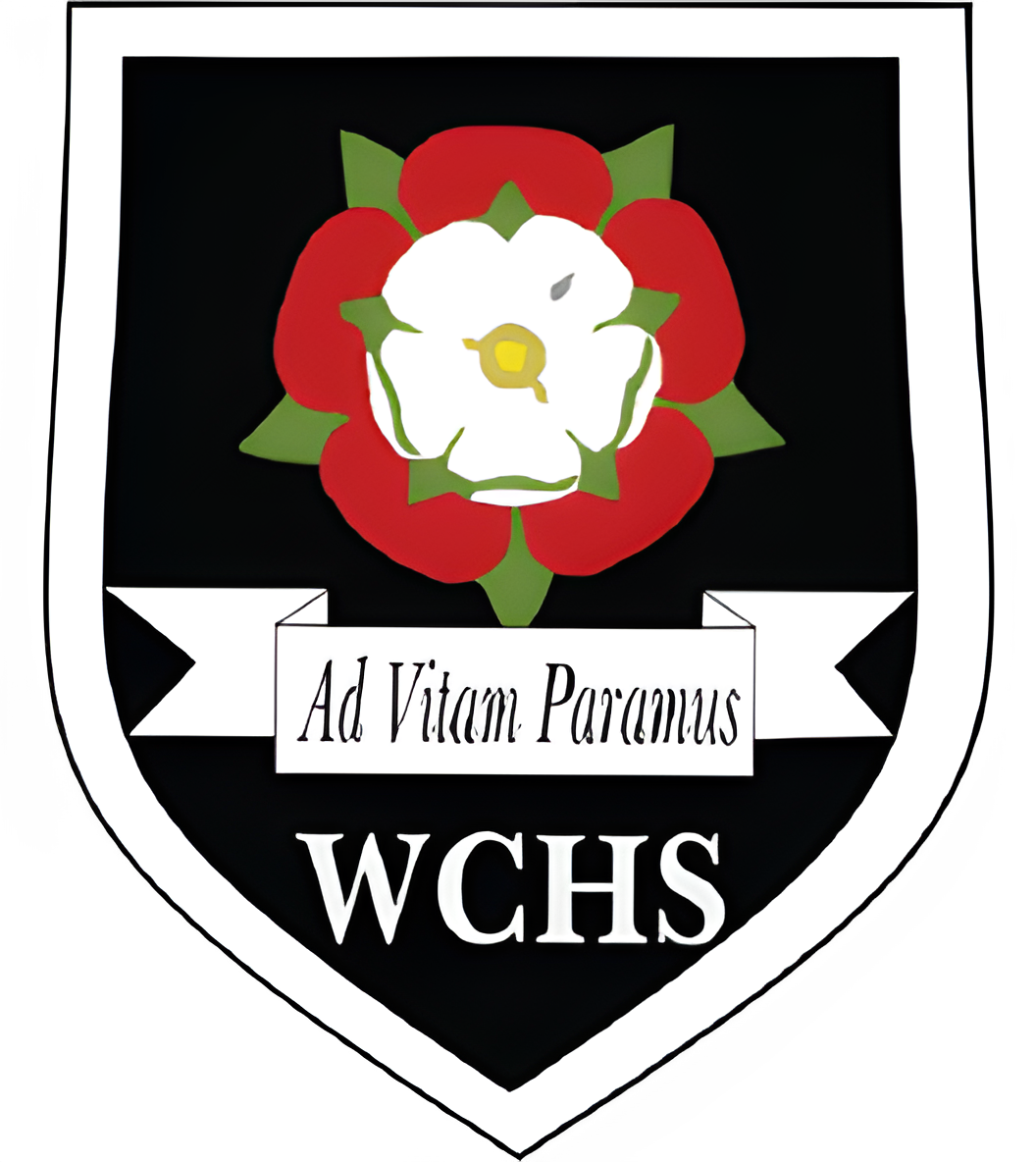Geography

Our Geography curriculum is designed to develop academic excellence by providing students with the skills, knowledge, and resilience to understand the world around them. We encourage our students to be curious and fascinated the world and the relationships within. Students will explore and develop knowledge of place, people, human and physical environments in line with the national curriculum.
At West Craven we want our curriculum to develop a love of geography and students will get carefully selected topics that are well sequenced to build on prior knowledge of KS2 and KS3, Students will be provided with stimulating lessons delivered with support and guidance to prepare students for future challenges in the post-16 education and beyond into adult life.
What does progress through Key Stage 3 look like for a student in Geography?
- Students develop their knowledge of place by drawing on a breadth and depth of content, context and concepts on a global and local scale included human, physical and environmental aspects of places
- Students develop their literacy and numeracy skills in the context of real-life situations and through exploring detailed case studies.
- Students work with complex information about the world in relevance to people’s attitudes, cultures, values and belief including British values.
- Students will increase their skills and their ability to select and apply these with increasing independence in geographical enquiries including fieldwork
Year 7
In Year 7 we start with local geography and investigate our local area with our Introduction to the UK topic. We build on Key Stage 2 skills by developing our map skills and local knowledge. We expand on important local geography and introduce physical geography by learning about rivers, asking: How do rivers shape landscape? This builds on map skills and local knowledge developed in the first topic. After looking at how humans use rivers, we examine more globally how humans use earth systems, by looking at weather on a local and global scale, how we measure it and understand local weather systems, we then develop our knowledge on a global scale and look at the impact of climate change and environmental issues. We extend this knowledge in our next topic by investigating Marine environments linking to ecosystems and the impact climate change is having on these ecosystems. Finally at the end of year 7 we explore the local geology (limestone) by studying the Yorkshire Dales and link together the impacts of weather, ecosystems and how the limestone has changed by physical and human processes whilst carrying out a geographical enquiry.
Year 8
on the human geography introduced at the end of Year 7 we look at the economy dimension by exploring Asia looking at its development and transformation of its economy. This is linked to the next topic of population by linking the effects of an economy and the size of populations globally. We then return to physical geography and explore how humans use the coast and the problems associated with coastal landscapes. Students then study resources (water) linking to previous topics such as population, coastal landscapes, rivers weather, climate and environmental issues from year 7 where we examine the impact of resources. We then study Russia a high-income country with a wide range of ecosystems by investigating the relationship of these ecosystems with the population and the economy.
Year 9
After looking at one place in detail we look at what natural hazards can teach us about places with contrasting wealth linking to the economy topic in year 8. We examine regions in Africa and the relationship between ecosystems and population. We then explore food resources and link this to previous topics such as population in year 8 and countries of varying levels of wealth (Africa and the UK) and enquiring what is the future of our food supply, Finally we return to Physical geography and study glaciation including how ice has shaped the land and how this creates features and helps the local economy.
Year 10
We follow AQA geography specification and focus on Paper 1: Living in the physical environment during Year 10. This builds on our Key stage 3 course in the key concepts we develop our knowledge surrounding natural hazards, including tectonic weather and climate change in countries if varying levels of wealth. Followed by studying the Living world topic where be explore two different ecosystems and the relationships with humans and how this can be managed. We then explore UK physical landscapes (coastal and river landscapes). We study the physical processes withing these different landscapes and the relationships with humans and how this can be managed. In addition, we expand our place knowledge studying both physical and human environments such as the Holderness coast, Manchester and the ecosystems in different continents such as the Amazon rainforest and the Thar hot desert region. We finish the year by carrying compulsory geographical fieldwork by exploring the relationship humans have on the coast (Cleveleys beach) and urban areas (Salford Quays).
Year 11
We focus on Paper 2, starting with Urban Issues and Challenges, where we study the changes in urban areas in the UK and globally by exploring Rio De Janeiro and Manchester. Followed by Changing Economic World where we explore changes in the UK’s economy and in Nigeria. Our last topic is Resource Management we explore what is happening to resources on a global scale then study issues surrounding energy resources on a local scale. At the end of the year, we look at the issue evaluation for Paper 3, pre-released in March.
Learning Journeys
Year 7 Geography Learning Journey
Year 9 Geography Learning Journey
To find out more about our Geography curriculum, please contact Mr W Davidson, Head of Humanities and MFL, by emailing wdavidson@westcraven.co.uk or phoning the main office to arrange a call back.
